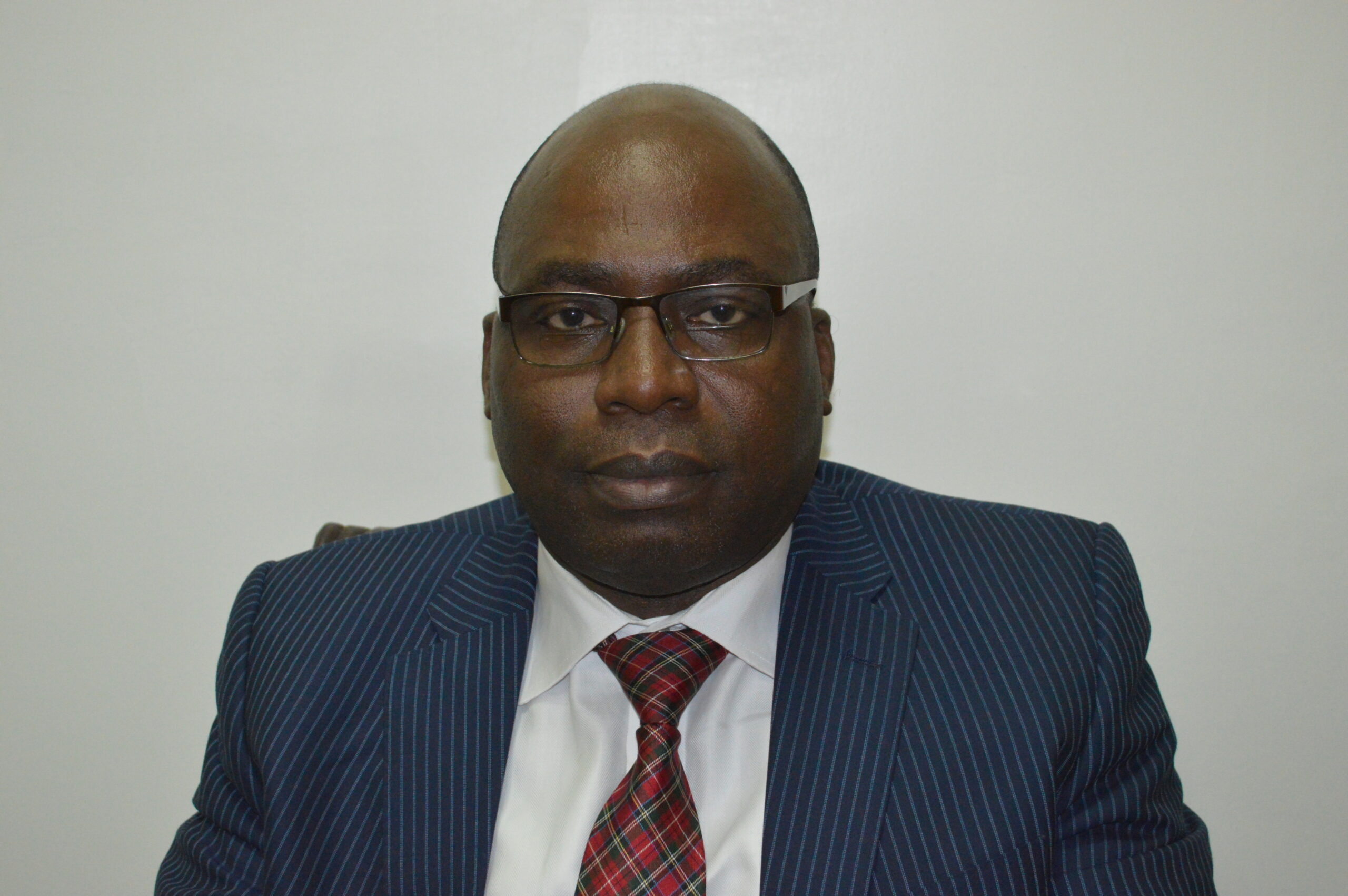The Chairman of the Independent Corrupt Practices and Other Related Offences Commission (ICPC), Prof. Bolaji Owasanoye, has identified corrupt practices and other related crimes as possible ripple effects of insecurity and violent extremism.
The Chairman, represented by a member of the Board of ICPC, Hon. Hannatu Mohammed, made the remarks at the launch of the Reports on the United Nations Independent Progress Study on Youth, Peace and Security and the Role of Young People in Preventing Violent Extremism in the Lake Chad Basin held at the Institute for Peace and Conflict Resolution (IPCR) in Abuja recently.
According to him, “The off-shoots of insecurity and violent extremism may leave young people jobless and impoverished to the extent to which they turn to the next seemingly attractive option which regrettably, may be corrupt practices.”
Prof. Owasanoye noted that for every action of the youth, there was bound to be either positive or negative consequences. He therefore called on the youths to opt for the right choices by working against anything that threatens security.
The ICPC boss also expressed “…strong belief that preventing corrupt acts from occurring is more cost effective than settling for the financial and non-financial wastages involved in the process of bringing the corrupt to book. This should be the case with insecurity and violent extremism as well.”
“The ever increasing figure of young people on the nation’s demographic profile is enough justification to spurring well-meaning youths to engaging with constructive strategies targeted at preventing insecurity and violent extremism,” he added.
Earlier in his opening address, Mr. Andy Nkemneme of IPCR, stated that the Youth, Peace and Security agenda as embedded in the United Nations Security Council Resolution (UNSCR) 2250 was also recognized and incorporated in the International Dialogue on Peace-building and State-building (IDPS) – an initiative that was created in 2008 to bring together conflict-affected and fragile countries; international partners and civil society to catalyze successful transitions from conflict and fragility. It remains a new deal for countries affected to better tailor their specific challenges, although Nigeria is yet to sign on to it.
In his remarks, the Director General, IPCR, Dr. Bakut Tswah noted that the reports revealed that there are youths actively engaged in tackling violent extremism, and hence the need to give them more in terms of the enabling environment and support.


